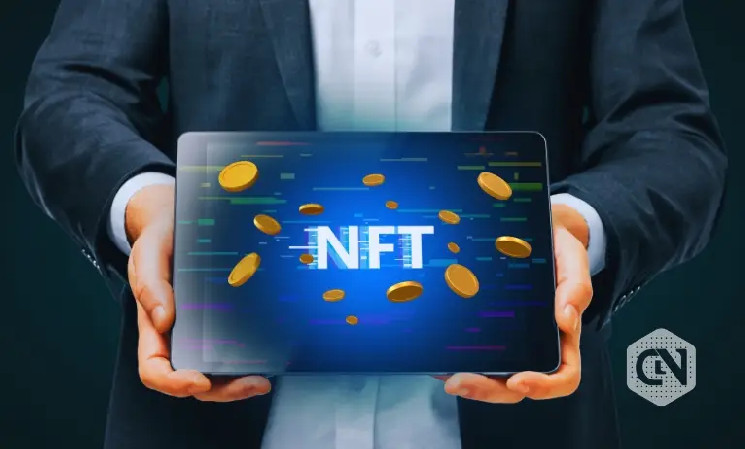The EU’s Markets in Crypto-Assets Regulation (MiCA) stablecoin rules are scheduled to take effect in just over one week. However, Berlin-based RWA tokenization platform Swarm Markets has identified a potential solution by issuing a gold-backed $NFT as an asset-backed token.
Swarm Markets intends to enable individuals to acquire NFTs, which represent tangible gold ownership. There will be a London-based Brink’s vault where the gold bars that support the tokenized assets will be stored.
Swarm’s decentralized over-the-counter (dOTC) platform will enable users to exchange NFTs on a peer-to-peer basis. This is following a know-your-customer (KYC) formality, along with an anti-money laundering (AML) procedure.
Timo Lehes, the co-founder of Swarm, has stated that the overexposure of the encouraging market scenario has resulted in a lack of genuine attention paid to inventiveness in the context of NFTs. He believes that the majority of individuals have a tendency to identify NFTs by examining JPEGs that were being sold for substantial amounts of money, despite the fact that they were capable of generating a significant volume of physical assets for the blockchain industry.
NFTs provide unparalleled clarity to token owners, allowing users to connect and benefit from DeFi’s supportive nature. This is all in line with the value and liquidity inherent in TradeFi. Swarm has plans to expand the asset space on the chain, with tokenized gold being the first step on its path to commodities. There are added benefits to be received from Swarm with regards to base metals and carbon credits, while the space remains uncertified.
Swarm takes credit for having more than $14.6 million in terms of total value locked (TVL). In addition to gold, the platform also offers tokenized public company stocks and US Treasury stocks.
Swarm emphasizes that its tokenized gold will not be subject to MiCA regulations, as it does not encompass exclusive and non-fungible crypto assets, such as online art and collections.
The EU initially passed MiCA somewhere in the middle of last year to regulate the online asset space and do away with its connected money laundering aspect.
 cryptonewsz.com
cryptonewsz.com
